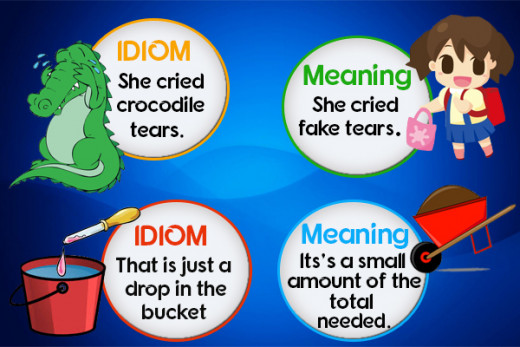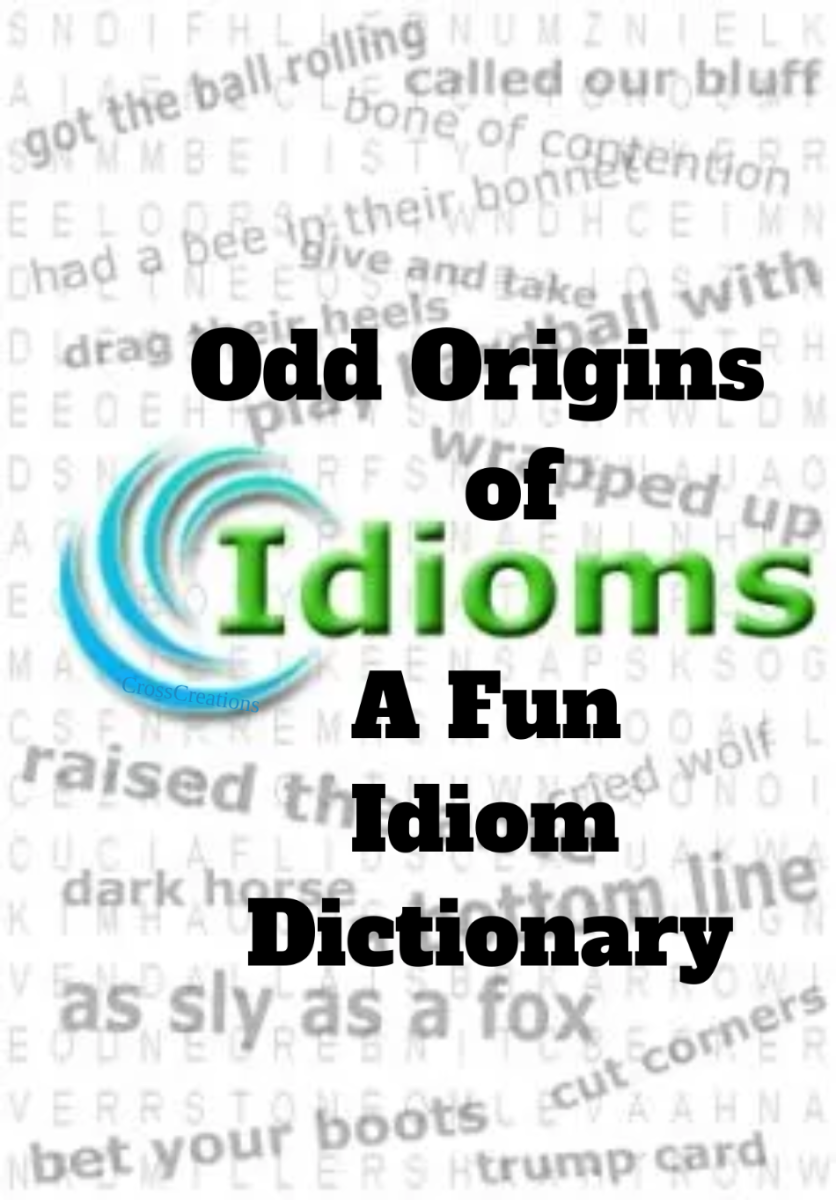A Blessing in Disguise – Connecting with Idioms

As most of us know words or expressions that are frequently used in everyday conversations have a meaning which isn't evident from looking at the specific words. English idioms time and again rely on analogies and metaphors. An idiom is a slogan, watch words or sayings where the words together have a meaning that is different from the dictionary definitions. It’s just a piece of cake, you can’t put lipstick on a skunk, there’s no cow on the ice, why add fuel to the fire? Idioms can go on and on, they are phrases that mean more than the sum of the words.
Idioms make the language more interesting vibrant and exciting. To get to grips with idioms means you're using and considerate of the language more like a native speaker would. Idioms are sayings that reflect accrued human experiences and are built on regularly occurring situations. They are conditions that demonstrate human behaviour, habits, social traits, or tradition in a country. The hard part about mastering idioms is that understanding all the discrete words may not help an individual comprehend the meaning of the phrase. Most countries have their own idioms specific to their culture and have synonyms that is equal to the shared human nature in various culture.
How many of us will accept that words organize the genesis of all languages and learning any language is deemed pointless without learning words. However when idioms of one particular language are translated into other languages they lose their actual meaning since many idioms are culture specific. Idioms are fascinating aspect of English and are used both in formal and informal languages in either speech or written. Idioms are related with the themes of animals, sight, smell, touch, taste, hearing, the sea, sports, food and drink, parts of the body, colors, names of people and places etc. Idioms describe physical appearance, personality, character, health and illness, work and success.
Consider an example:
Being aware of the meanings of ace and hole might not give in and help understand the very meaning of "An ace in the hole" which means a hidden strength or advantage. Hence learning specific idioms related to a particular culture helps in learning more about the antiquity, customary beliefs, social systems, and factual traits of it. Idioms are often figuratively metaphorical and make the language more colourful. Individuals use them to express something more intense and often more brief.
Examples and Benefits of Idioms
Examples of Idioms:
Speak of the devil - Is used when the person you have just been talking about with a friend arrives
Let the cat out of the bag - Is used when a person reveals a secret that was previously concealed
Dance to someone's tune - Is used when an individual does whatever the other person tells him to do
Land of the living - Is used when someone is still alive
Beat around the bush - Is used when a person never speaks directly about the issue
Every cloud has a silver lining - Is used when better days are coming be optimistic
Jack of all trades - Is used when a person who can do many different things but is not good at any one of them.
Benefits of Learning Idioms
- Knowledge of idiomatic English promotes language fluency
- You can know more idioms through reading books, novels and articles
- Without idioms English would lose much of its variety and humour both in speech and writing.
- Language learning in the target culture and society hence learning idiomatic expressions helps learners for better communication
- The use of idioms has a great influence in the teaching and learning process of a foreign language
- Its great fun to learn a cluster of words that have a meaning of their own peculiar language
Most idioms are unique, inimitable and stable in their grammatical structure. Idioms have become common in English that it allows the learner to speak or write fluently. Therefore, the learning of idioms is considered as an essential and integral part of vocabulary learning. Idioms can be added to the vocabulary by counting them in conversations, dialogues and stories which are created to supplement situations.








